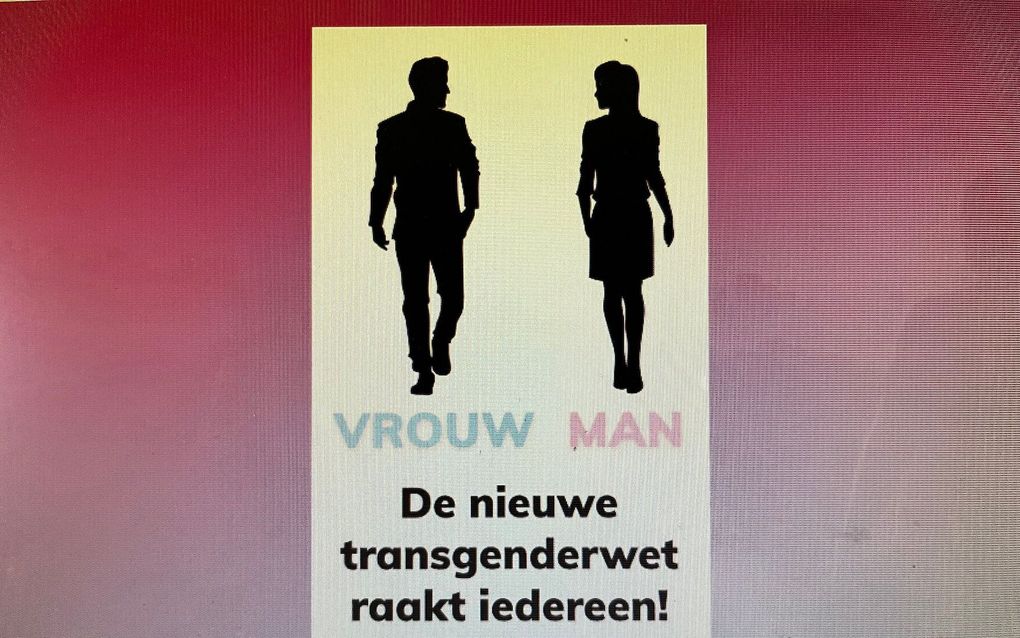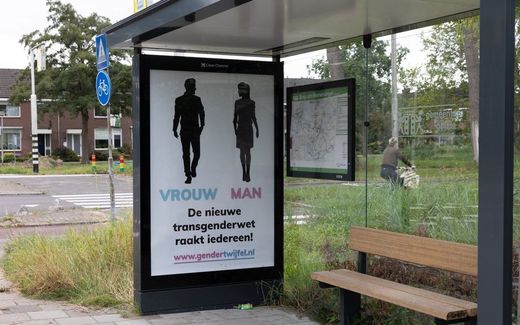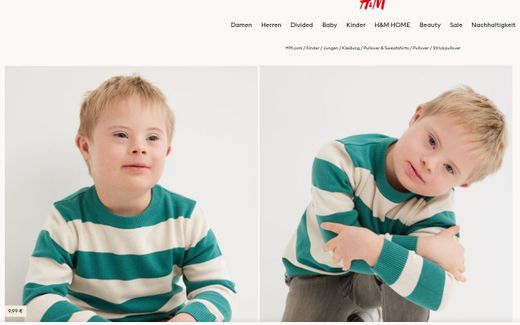After all, Dutch gender commercial not “offensive”

The radio commercial of the Dutch movement Gendertwijfel is not offensive, although it might be incorrect. Photo RD
Western Europe
The controversial audio spot of the Dutch platform Gendertwijfel (gender doubt) perfectly fits in the freedom of expression. That was decided on appeal on Tuesday, after it was criticised by the watchdog earlier.
The Advertising Code Committee (RCC) did conclude that the radio commercial was oversimplified. But the Board of Appeal rejected the earlier criticism from the same RCC, the Reformatorisch Dagblad wrote.
“My daughter can register as a man, our son as a woman. This is even possible under the age of sixteen. Gender is not a choice!” sounds the voice of an outraged woman. Early April, advertising watchdog RCC ruled that the radio commercial with this quote is “needlessly offensive to (young) transgender people”. The tone would be “mocking, indignant, condescending and dismissive.”
Gendertwijfel subsequently appealed at the appeal committee of the same watchdog. It did not want to mock transgender people through the tone, but to reinforce her message.
On appeal, the organisation is right on that point. After all, freedom of expression also applies to offensive, shocking or disturbing communications. In an advertisement that contributes to the public debate, the RCC now says it is “acceptable” to state a point of view in this way. According to her, it is “inevitable” that the message touches the interests of transgender people and evokes emotions.
However, the Board of Appeal finds the message too simplistic. Even under the controversial bill –that is still in consideration by the Lower House– minors cannot change their gender themselves, but only after the green light from the court. The lack of that nuance in the commercial can mislead the public.
Nuance
In addition, the commercial could give the impression that the new law also concerns a physical gender change. After all, gender doubt makes no distinction between sex characteristics and gender identity. “This means that the statement is insufficiently accurate and factually incorrect,” the judgment states. However, these ‘incorrect arguments’ can influence the political debate. The RCC, therefore, advises Gendertwijfel to stop broadcasting the advertisement.
Gendertwijfel is pleased with the verdict. According to the organisation, however, a radio commercial lacks the time and space to highlight the entire bill extensively, with all the nuances, ifs and buts.
Related Articles








